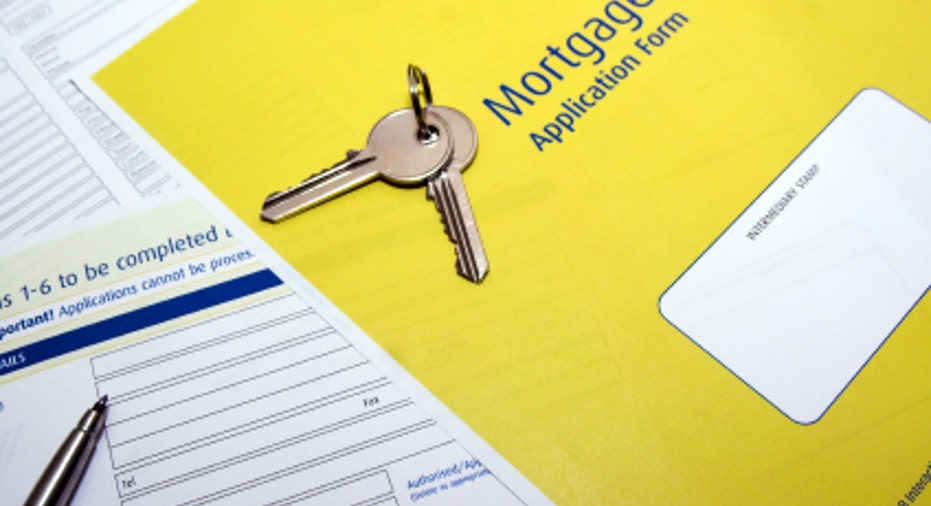Diminishing Mortgage Refinance Benefit

Dear Dr. Don,
I bought a house for $420,000, paying $40,000 down at a 4.25% rate of interest. The goal was to flip the house. I have ended up living there for the past seven years with a monthly mortgage payment of $3,500. If I were to refinance, would I lose the potential principal backside coming in the next seven years? In other words, after a refi, would I lose the approximate $300,000 that I've already paid mainly toward interest?
Thank you,
-R.M. Mortgage
Dear R.M.,
I had never heard of the term "principal backside" before, so your letter intrigued me. I'll assume you're not talking about an educator, but I didn't find the term in any of the real estate dictionaries or glossaries I looked at.
Compare Mortgage Rates in Your Area
The money spent on interest went to the lender. The principal component of your monthly payment whittled down your loan balance, helping to build an equity stake in your home. How much equity depends on the accrued appraised value of your property over the seven years as you've owned it.
Let's say you're seven years into a 30-year mortgage, and you refinance with another 30-year mortgage. Then, you are extending the loan term by seven years and paying additional interest on the money borrowed. The amount of money borrowed to refinance the home is reduced to the existing mortgage balance.
When you refinance, the lender considers the loan-to-value, or LTV, along with your income and credit history to determine risk lending to you. For a conventional financing, the lender doesn't want to lend more than 80% loan-to-value. Higher LTVs require you to take out a private mortgage insurance policy to protect the lender against the risk of you defaulting on the loan. The difference between the appraised value and the loan amount is the best estimate of your equity in the home.
Unfortunately, it appears that you might be late to the refi party. Mortgage interest rates have gone up by almost a full percentage point since spring. Bankrate's national average for a 30-year fixed-rate mortgage is, as of this writing, 4.47%. You'd have to look into refinancing with a shorter-loan term to capture a lower interest rate since there's no interest savings in refinancing if you pay a higher rate.
Get more news, money-saving tips and expert advice by signing up for a free Bankrate newsletter.
Ask the adviser
To ask a question of Dr. Don, go to the "Ask the Experts" page and select one of these topics: "Financing a home," "Saving & Investing" or "Money." Read more Dr. Don columns for additional personal finance advice.
Bankrate's content, including the guidance of its advice-and-expert columns and this website, is intended only to assist you with financial decisions. The content is broad in scope and does not consider your personal financial situation. Bankrate recommends that you seek the advice of advisers who are fully aware of your individual circumstances before making any final decisions or implementing any financial strategy. Please remember that your use of this website is governed by Bankrate's Terms of Use.



















